Last Updated on July 27, 2021

Tobin
Bell used to be that guy who showed up in movies and TV shows, kind
of looked a little creepy, and disappeared. Now he does that as a
movie star in the SAW movies. Already in part III after only as many
years,
Bell
comes to the foreground as Jigsaw, the manipulative, life-affirming
killer. Bell
plays up his
status, teasing journalists waiting for him in a Four Seasons Hotel
boardroom. “I don’t know if Jigsaw can deal with a nice, bright
room,” he said in his hushed, confident tone.
In
the first SAW,
Bell
was just a twist ending. By SAW II, we knew the trick, so he got to
actually act in front of us and set up another trick. SAW
III continues to show just how scary a man in the
last throes of terminal cancer treatment can be.
Tobin
Bell

You
have such a compelling voice, have you ever just, as an experiment,
read the phone book to see how long you could keep people
interested?
Uh,
no. I’m a little league baseball coach so I don’t use the same
voice all the time. The further away I get from the whole SAW thing,
more my voice changes. I think the whole voice thing came about as a
result of in SAW I, you heard my voice throughout the film. You
heard all the tapes and everything and it was probably one of the
reasons why they wanted me to do the film in the first place.
Because those tapes had to be compelling in a certain way. It
wasn’t just a matter of imparting the information.
Then
of course you heard my voice throughout the film and you saw me kind
of hooded and caped throughout the film but you didn’t really
connect that hood and cape guy to the guy on the floor. If you had,
that would have blown the whole thing. So when I got up off the
floor in the end was really the only time that you saw me speak on
camera. I was drawn to the film because I believe that there is
power in silence and when I first read the script, when I saw that
there were three people on the stage, that was like a curtain goes
up in the theater and you see three people on the stage, it
doesn’t matter whether this guy in the middle of the room [is
dead], it’s like he’s still there. He’s part of the play. So
that didn’t concern me.
And
then when I got to the end of the script and I saw the gag at the
end, I hadn’t seen that before and I was completely surprised
reading the script. So I thought, “Well, if they can do this well,
if the audience is as surprised as I was, that’ll be fun to do.”
So I was drawn to it for that reason. I thought it was very
theatrical, the three characters on a stage. You don’t see a lot
of films that are structured that way, so it was different in that
way.
Did
you and Shawnee prepare before shooting?
We
talked a lot about what we wanted to do. One of the testaments that
I have to make to Leigh Whannell, the writer, and to Darren is that
even if the dialogue doesn’t happen exactly the way it was written
on the page, they give you clues to the direction that they want to
go that is somewhere in what they’ve written, there’s a clue to
what’s trying to be created there. Sometimes the rhythm of it
isn’t quite right or the texture of it isn’t quite right or on
the page it will be just kind of verbatim.
But
when you actually begin to say the words, they’re infused with the
reality of the moment if you’re in contact with the person who you
are working with. Somewhere in your soul, you’re trying to create
something that’s either subconscious or conscious. The camera
doesn’t miss that, so the one thing that we wanted, and we would
go through it scene by scene by scene. The same thing happened with
Donnie Wahlberg in SAW II. We went through it scene by scene by
scene and the one thing that we wanted was to create a sense of
relationship. It wasn’t just a matter of the information.
Sometimes
relationship can be created just in the touch, just in the way
someone looks at someone or touches someone. A lot can be said. It
can even just be a casual touch but it reads, the camera sees it. Or
if someone is afraid of someone, or repelled in some way by someone.
The touch will take on a different feeling. What’s seen, the
hesitancy before the touch, the lack of comfort, do these people
touch each other? It reads and I remember doing a play in New York
with Frances Fisher. For some reason, we were uncomfortable with
each other. We realized halfway through this thing that we needed to
be comfortable. It would read if we were physically uncomfortable so
we had to work through that.
So
yeah, there was a lot of talk about story with Shawnee but the
blessing for me always is when you get on the set, you can talk all
you want and you can plan all you want, but when you get on the set
and the camera is rolling, if the individual that you are working
with is present and available, then you can connect. And something
magical can happen from moment to moment in terms of how the
relationship reads, the familiarity, the intimacy. What I like about
this saga is that you don’t find out everything about everybody
all at once. I like that. I particularly like that I can speak about
Jigsaw, there are little things that you find out about him in SAW
II, about what he’s thinking about and what’s on his mind.
And
when 15, 16 year old kids, six of them will come up to me with their
skateboards and they’ll say, “You’re the man, you’re the
guy” and I’ll say, “Well, yeah.” And they say, “We love
SAW, when’s the next one coming out?” I say, “A couple of
weeks.” And I say, “So what is it about SAW that you like?”
And they say, “Well, geez, it’s so whoa.” And the power of the
whole thing, but then one of them will say, “And you know, it
teaches you stuff.” And I say, “Well, what do you mean by that?
What is it teaching you?” And they said, “Well, like when you
said to the guy, ‘If you knew the exact moment of your own death,
how would it change how you live your life?’”
The
fact that 16-year-old kids are thinking about that or 15, is just
great. I’m like okay, because I’ve been thinking about that for
years and I still haven’t figured out how to do anything about it
because you know how it is. One day, you get up and you’re like,
“Ah, geez,” you’re bitching about this and complaining about
that. You feel like, “Oh my God, I gotta do this and that’s
terrible and the bills.” Why is it that the human condition is
such that our blessing, which is something that Jigsaw talks about
all the time, our appreciation of blessings, why is it that we
can’t seem to focus in on our blessings? It’s so much easier for
us to focus on the negativities. And here you’ve got 16-year-old
kids thinking about and talking to you about stuff like that. I’m
like great!
Has
the little league team reacted to it?
My
little league team hasn’t, most of them, they haven’t seen this
film. But in my view, it’s up to parents to decide. They’re 11
years old. I have had kids on the next level, in the majors, say,
coming over to me and talking about the film. And one of them, I
coached him last year and I said, “Your parents let you see that
film?” And he said, “Yeah.” I said okay. I said, “Were you
scared?” and he said, “Nah.” I said okay, good. Then he said,
“But I liked it and here’s what I liked about it” and he had
all these thoughts about it. So it’s up to parents to decide
whether the kid is old enough or not old enough. But that’s the
part that excites me.
Kids
are enthusiastic about it and they are. They’re so enthusiastic
about it. I feel good about that because it makes me feel like we
must be doing something, apart from just the, you know, this, that,
the technique and the traps and the games and that kind of stuff,
that somehow we’ve created some kind of counterpoint. It’s like
music. To the intensity, if you can create some counterpoint so that
when you go away from that and get a moment to hear what’s being
said, then somehow we’re resonating with the issues and the
questions that are coming up are things that are somehow important
to 15-25-year-olds. We certainly need people to be thinking in this
world.
Are
you worried about the typecast of a horror icon?
Nah.
No. No. If you’re an impressionistic painter and you want to paint
expressionism, you’ve got to change. You’ve got to figure out a
way to do it and do it. If you’ve been playing jazz all your life
and you want to start to play rock n’ roll, blues, then do it.
I’m an actor. The fact that I’m involved in Jigsaw, I don’t
approach Jigsaw any differently than I approached The Nordic in THE
FIRM or FBI Agent Stokes in MISSISSIPPI BURNING. It’s the same
deal. It’s just that the effect is sometimes different. So I say,
people ask me, “How does it feel to be a horror icon?” I’m
thrilled. It’s great. If what you’re talking about is are people
only going to see me as Jigsaw, well, so be it. I can’t control
any of that.
All
I can do is do my best work, try to create the best kind of moment
to moment reality that I can do. That’s what I do. I’m an actor.
And all the rest of it is like baseball. You hit the ball. Sometimes
it goes in the hole. Sometimes it goes to the player. All I care
about is that what we do as a team, Shawnee and Darren and I, be the
best it can possibly be and the rest of it is all out there in the
fates somewhere with the baseball gods. Here you got, look at that.
You’ve got the Kansas City Royals swept the Detroit Tigers in four
games. Kansas City Royals were 39 and a half games out, in last
place in the American league. And they swept the Tigers four games,
10 days before the playoffs. Worst team in the league. Tigers are in
the World Series now. So it’s all a crap shoot. You don’t know
what’s going to happen. All you can do is do your best from moment
to moment. Do your work and whatever’s supposed to be is supposed
to be.
Jigsaw
is so planned, do you think he’s good at improvisation if
something goes wrong?
Yeah.
Because my sense is that he’s so detail oriented that I
think he thinks in terms of worst case scenario. I think he’s a
very good judge of character, so his sense that, for example, that
Detective Matthews was going to play right into his trap, which he
did, was right on. Now, it seems to me that he’s got plan 2 always
in place. And there’s probably been a number of plan 2s. I mean,
we’ve only seen three movies. Maybe there are six more somewhere
where he failed, where something didn’t play out, where something,
maybe it was before SAW I when he first started to try to do
something and he saw that he was completely off base and it didn’t
work.
Yeah,
I think he’s resourceful and resilient enough, and he knows that
life is not perfect. He knows that. I don’t think he’s judgmental,
although it might seem like he is. I think he just picks and chooses
very specific situations and he does his absolute best to deal with
those situations. It isn’t always easy for him is what I’m
saying. I think what it kind of leads to for me is that I am still
learning about him in terms of what his thoughts, why he’s doing
the things that he does. I’ve asked a lot of questions about him.
I started asking the questions here. The questions just keep growing
and growing and growing.
So
I love that we don’t know, the same as you don’t know everything
about him, I don’t know everything about him either. I know a lot
about him, but I don’t know everything about him and as the story
continues to be told, I think I’ll learn more about him and I
think those issues that those 15-year-olds are resonating with them,
hopefully we can continue the excitement of the films and still
continue to raise questions to make young people think.
How
is he not judgmental? He’s pretty self-righteous.
Okay,
the only way I could explain it would be this. Somebody asked me the
other day, he makes judgments but he makes them in very specific
windows, very small windows. There’s a lot of other stuff that
happens every day that he just lets go by. He’s not more
judgmental than any of us are. We all make judgments or observations
about things. We’re all prejudiced in our own way perhaps. But I
think he thinks very specifically and very scientifically. Somebody
asked me yesterday, “How would he feel about college students who
pretty much take a lot for granted.
They
don’t particularly appreciate their blessings. They’re always
looking for the next excitement. Would he approve of that?” and I
said, “Yeah, I think he would. I think he’s smart enough to
recognize that people are 19 only once in their life and it’s
going to take them a while to be able to learn what the values are
for them.” That’s what I mean by he’s not judgmental. I think
he makes judgments and then he acts on those judgments very
specifically. But much, he lets much escape from outside that thing.
I think he sees things and goes, he sees and he goes, he sees and he
goes, and then he’ll talk with Amanda and something will happen
within that conversation and they will zero in and decide to act on
a particular course because of a particular reason that’s this
big.
So
yeah, there’s a judgment the same as there’s hard judgments to
be made for all of us. Do we quit or do we go on? Do we ask for a
raise? Do we not? You know what it is? We live in a world that’s
not black and white. It’s a grey world. There’s a lot in between
yes and no.
Are
there plans for you to do more SAWs?
There
is always a possibility of more. It’s like the icon thing. Whether
I’m involved or not involved is up to people that [make them].
I’m not thinking about anything beyond SAW III being well received
by those group of kids on their skateboards. If it is and there’s
opportunity for us to grow the story on a first class level, a
quality level, I would be very happy as an actor to be able to
continue to play this character if he can continue to grow.
Was
there anything you came up with that the director said no?
Well,
I haven’t seen the film so I don’t know.
But
he didn’t outright say to you?
There
were a couple of things but I remember one particular instance
where… we come back in and they’re talking about something, in
talking about it with Shawnee and the same thing happened a little
bit in SAW II, talking about it with Shawnee, we wanted Shawnee to
be high at that point. It had to do with whether or not she would be
dismissive of this surgeon or whether she would talk to her. Because
the lines can be done in a variety of ways. When we would read it
together, she was kind of dismissive of her and kind of slap in the
face with her.
And
Darren was a little questionable about how she would do that. So we
backed off that. When the scene actually got shot, the surgeon was
on one side, Shawnee was on the other, we kept the lines the way it
was, and Shawnee grabs her by the hair. At least she did in the
take. Whether it’s still in there or not, it just kind of woke her
up that it was: Who’s in charge here? And they’re standing and
I’m in the middle of the thing. They’re talking, she’s talking
to her and the doctor’s not paying quite enough attention. So
she’s like, ugh, by her hair. When that happened, I was like,
“Oh.” So the seed had been planted, the lines stayed the same,
but how it was done. So when stuff like that happens, it’s like
gold because it’s spontaneous and it reads as that.
Can
we hear the little league voice before you go?
Argh,
well, it’s the same voice that I’m using right now but just
it’s hard getting their attention too. They’re just really,
11-year-old boys are a busy group and sometimes you gotta like grrr.
Are
the parents freaked out by you?
No.
None of the parents, there’s all these parents, we’re talking
people who are 40-60 years old. Now they’re starting to catch up
on the SAW thing because it’s growing, growing, growing, growing,
growing. Now they want to know, what’s this all about?


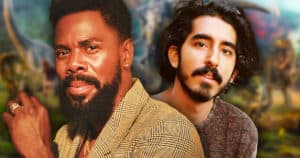


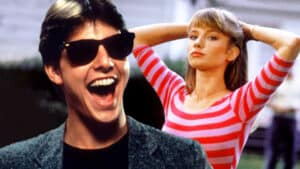
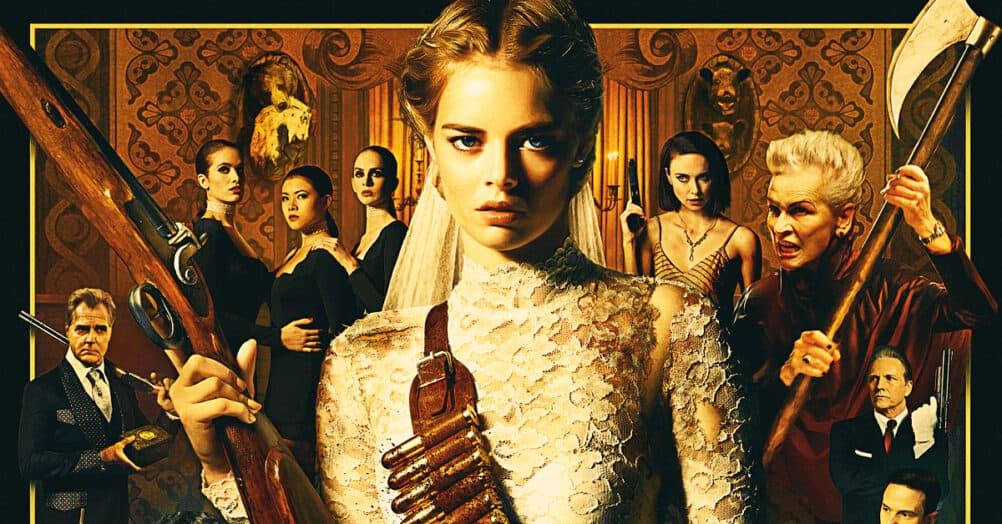
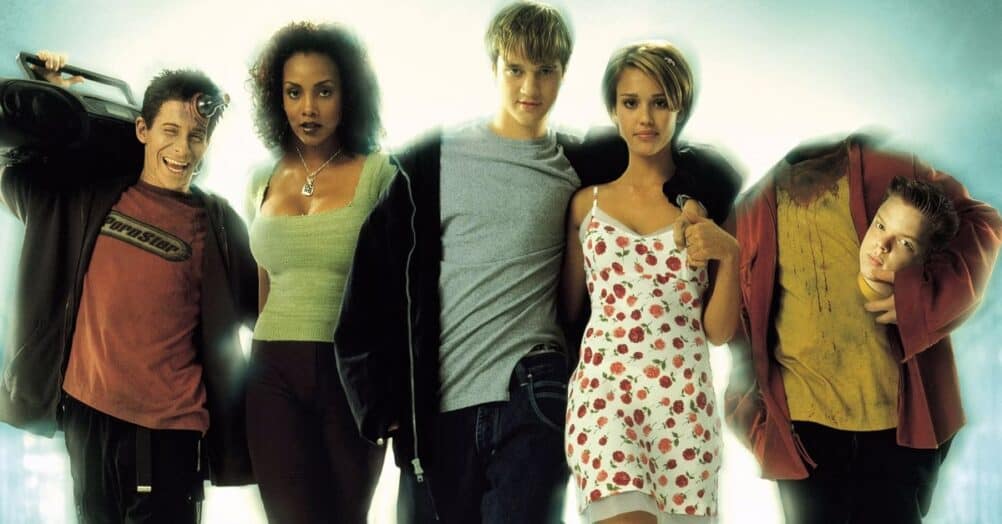
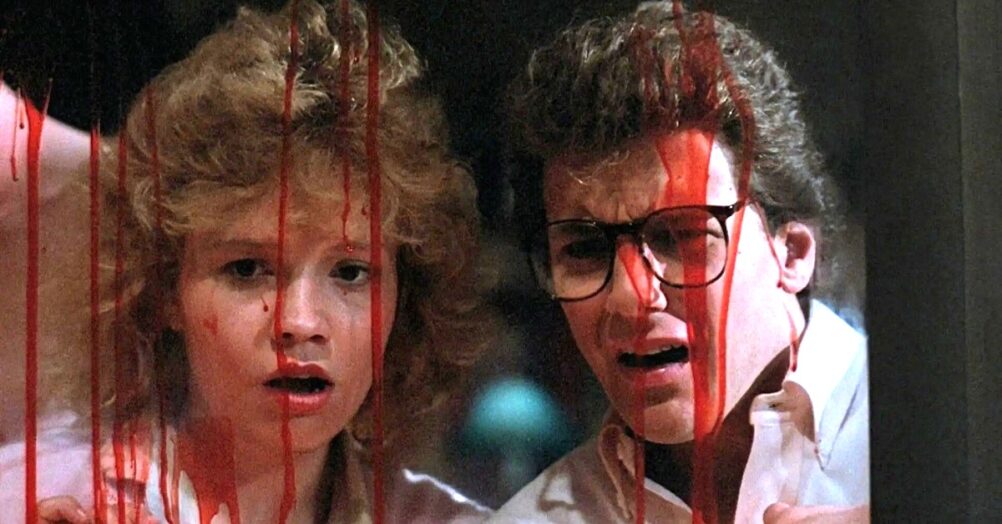
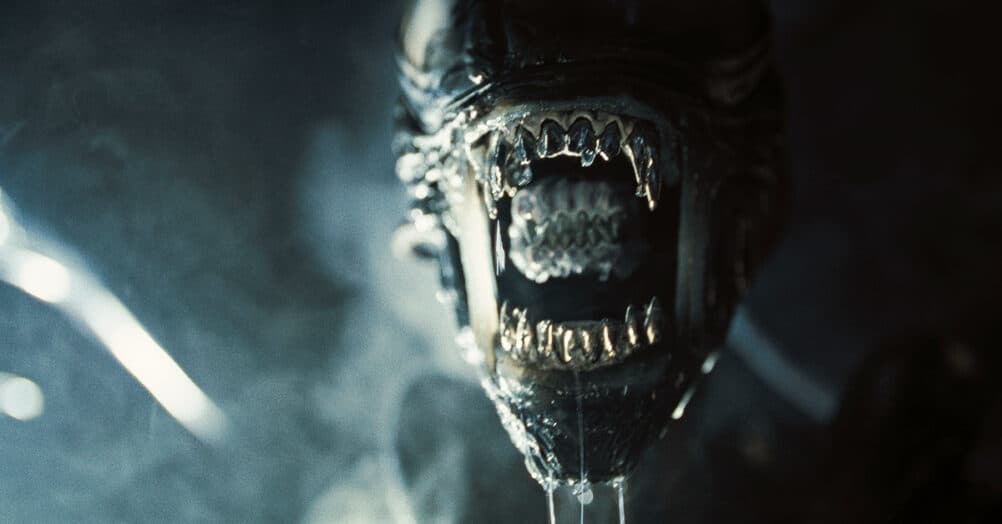
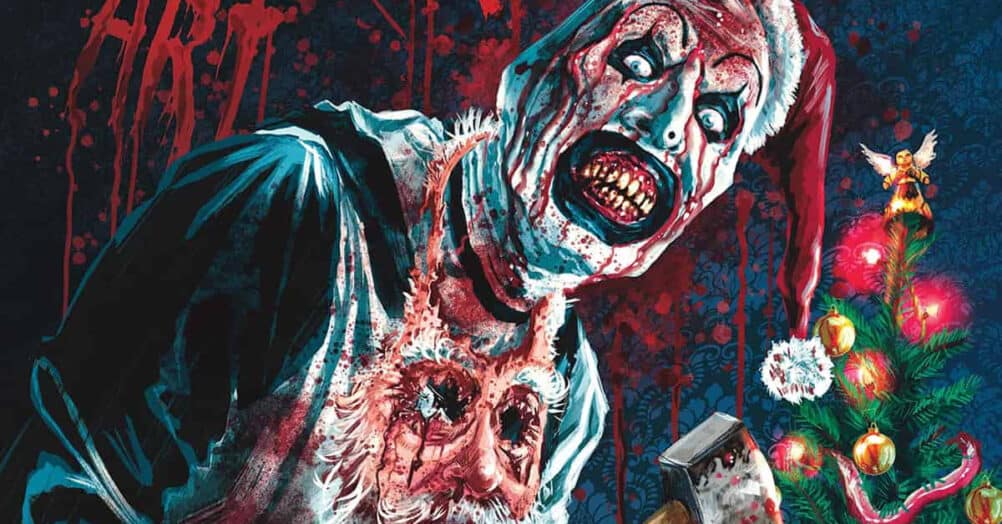
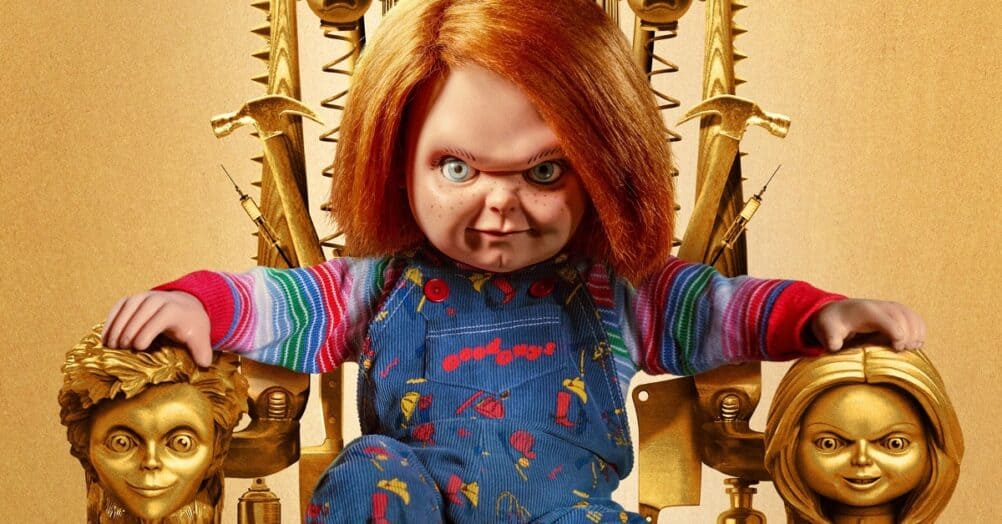
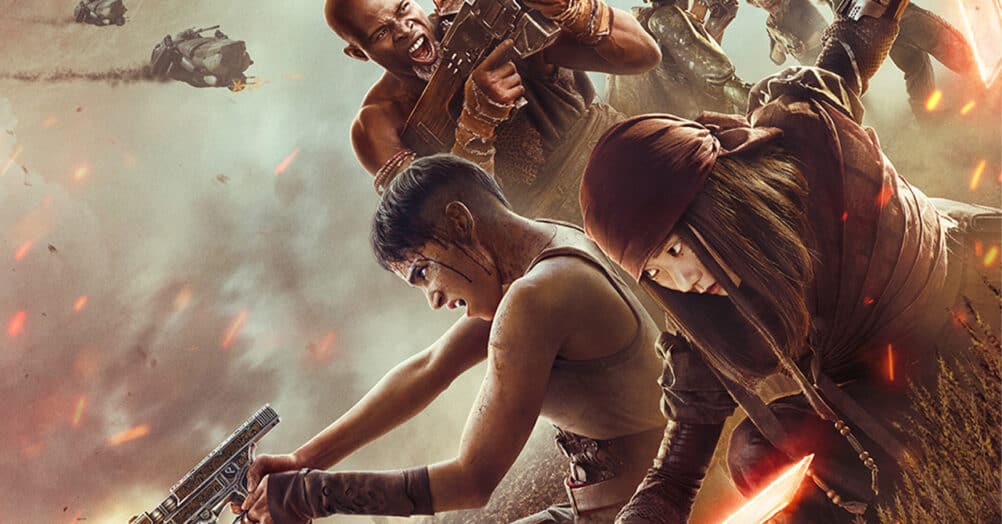
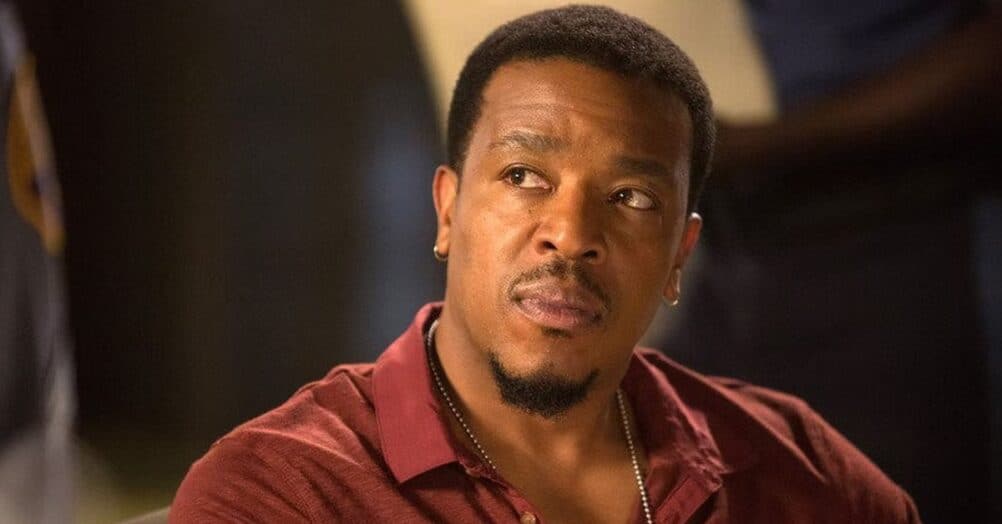
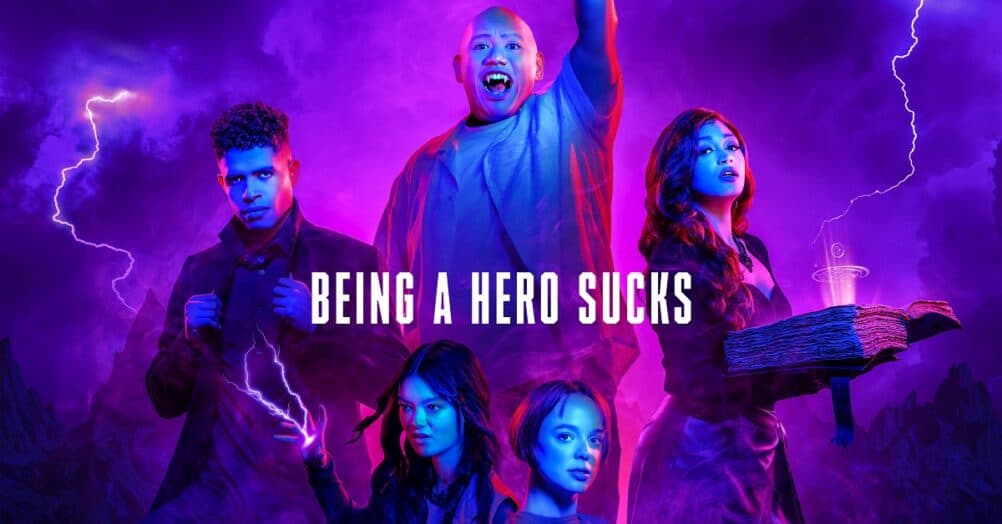
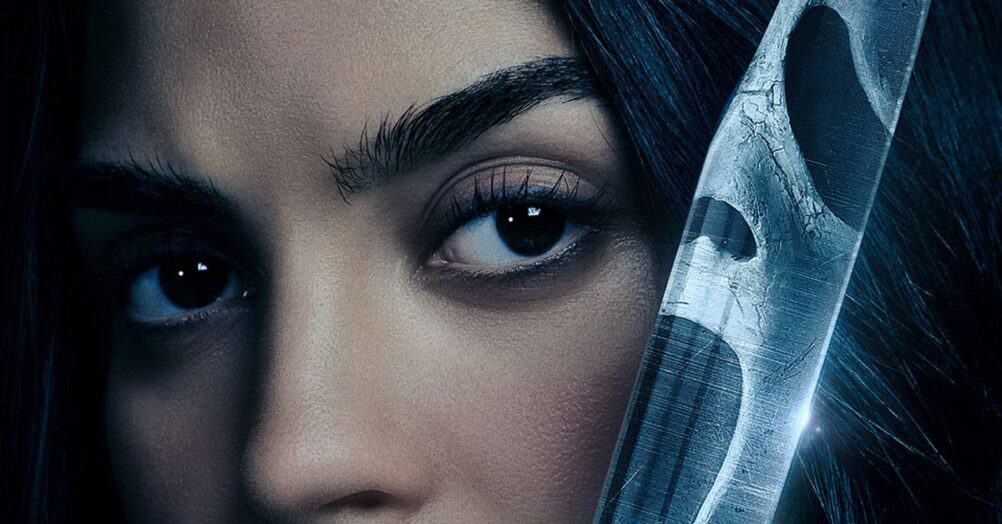
Follow the JOBLO MOVIE NETWORK
Follow us on YOUTUBE
Follow ARROW IN THE HEAD
Follow AITH on YOUTUBE